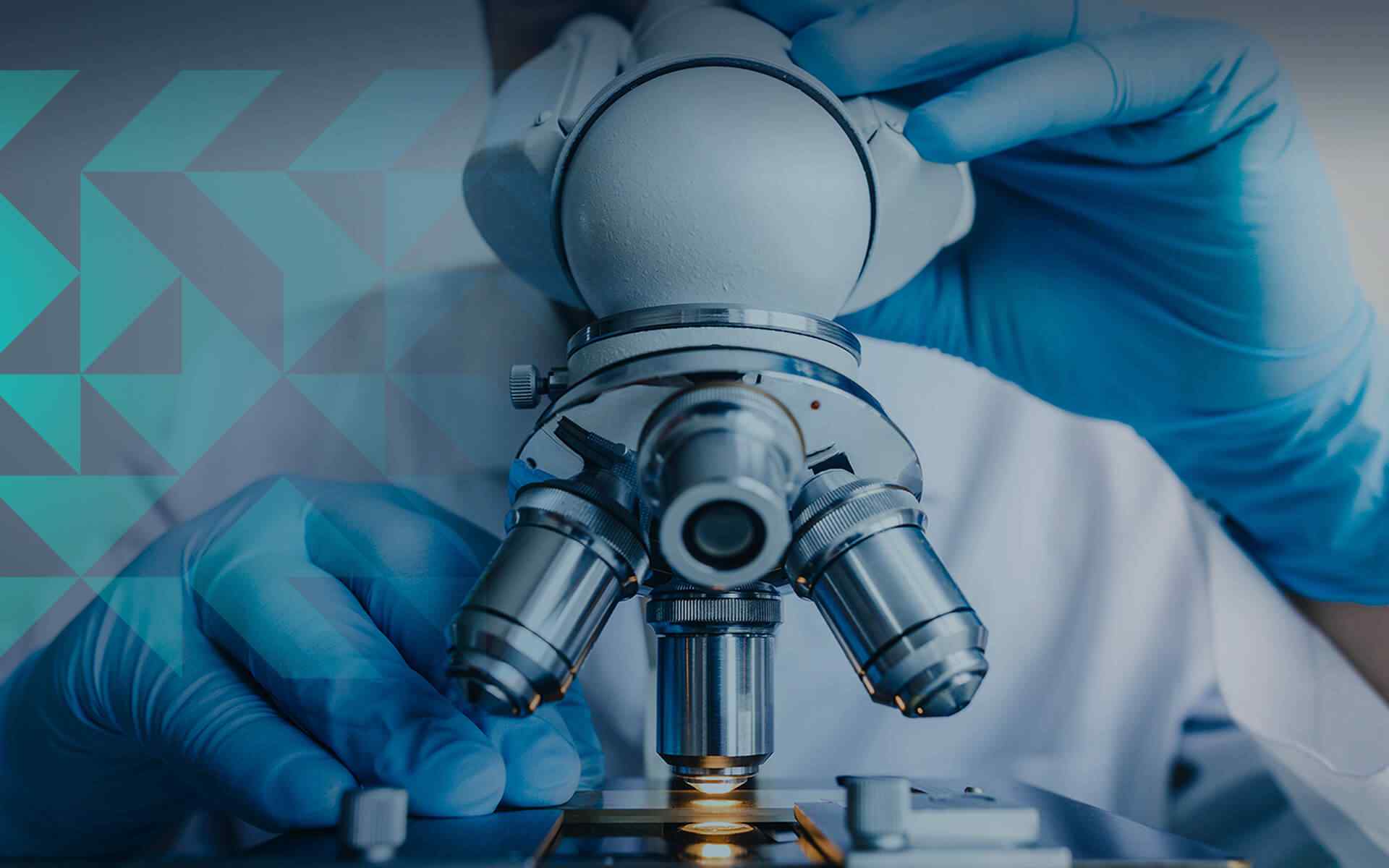Neurology
Make an Appointment
Online Schedule
IntroductionThe neurology departments at
Turquoise Medical provide both inpatient and outpatient diagnosis and treatment services for conditions such multiple sclerosis, epilepsy, Alzheimer’s disease, Parkinson’s disease, neuromuscular illnesses, peripheral nerve diseases, headache, dizziness, and sleepiness.
In the department’s electrophysiology laboratory, EEG, EMG, and evoked potentials are tested.
Services for diagnosis and treatment are provided by the neurology department.
Inpatient and outpatient diagnosis and treatment services are offered by Turquoise Medical’s neurology departments.
The following conditions—a non-exhaustive list—are diagnosed and treated in our neurology department: migraine and other headaches; cervical and lumbar pain; dizziness; cerebrovascular diseases (stroke); multiple sclerosis and other demyelinating conditions; Alzheimer’s disease and other demential syndromes; movement disorders like Parkinson’s disease, dystonia, dyskinesia, essential tremor, and restless leg syndrome; neurodegenerative diseases; epilepsy.
Movement problems, spasticity, and migraines are all treated with botulinum toxin. Our electrophysiology facilities examine EEG, EMG, VEP, SEP, BAEP, and single-fiber EMG in addition to intraoperative monitoring during neurosurgery procedures.
There is a division in our neurology department called neuro-ophthalmology.
Unit for Intraoperative Neuromonitoring
The purpose of intraoperative monitoring during surgery is to safeguard the brain, brain stem, cranial nerves, and peripheral nerves. Depending on the affected area, immobility, sensory abnormalities, and a loss of hearing or speech are all possible outcomes of brain or spinal cord trauma.
Intraoperative monitoring is now frequently employed in neurosurgery procedures to stop such unfavorable outcomes.
An early detection of probable post-operative injury and notification to the surgeon are made possible by the intraoperative neuromonitoring team’s ability to assess the functioning of neural tissues in a subset of patients during surgery.
In light of these details, the neurosurgeon may alter the surgical plan to protect the patient’s neurological system. Thus, it is possible to avoid damaging speech, mobility, hearing, and sensory abilities after surgery.
Which patients need to be monitored during surgery?
Surgery with a high risk of nerve injury requires intraoperative neuromonitoring. This service is frequently used for brain, spine, and spinal cord surgeries by departments of neurosurgery and spinal surgery.
A team of neurologists and technologists with training in neurophysiology make up the intraoperative neuromonitoring unit. When performing high-risk procedures that could harm healthy nervous tissues, this team performs the procedure alongside the surgeon.
During surgery, the intraoperative neuromonitoring team works closely with the surgeon and the anesthesiologist.
Neurophthalmology
This section focuses on disorders of the optic nerve and the optic tracts, which enable communication between the eyes and the brain.
Treatments during the year.
Treatments during the year.
Treatments during the year.


Covid-19 Health information
Restrictive cardiomyopathy is a condition where your ventricles do not thicken, yet they still become stiff and rigid and cannot pump blood effectively.
In this type of cardiomyopathy, the pumping ability of your heart’s main pumping chamber — the left ventricle — becomes enlarged (dilated) and can’t effectively pump blood out of the heart.
This type involves abnormal thickening of your heart muscle, which makes it harder for the heart to work. It mostly affects the muscle of your heart’s main pumping chamber (left ventricle).
In this rare type of cardiomyopathy, the muscle in the lower right heart chamber (right ventricle) is replaced by scar tissue, which can lead to heart rhythm problems. It’s often caused by genetic mutations.
COVID-19 Vaccination & Testing
Our Hospital provide the highest quality care to improve the health of our entire community through innovation, collaboration, service excellence, diversity and a commitment to patient safety





